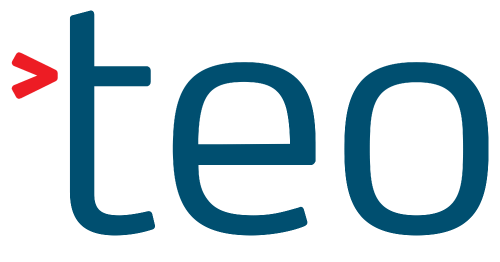Maximizing Efficiency in Software Development with Azure DevOps and Extended Teams

In today’s digital landscape, businesses continuously seek ways to accelerate software development while maintaining high quality. The solution? Combining web applications with robust DevOps practices. When further enhanced by leveraging Azure DevOps and an extended team model, organizations can achieve seamless workflows, rapid deployment, and scalability. Let’s explore how these elements come together to supercharge software development.
1. The Rise of Web Applications
Web applications have become the backbone of modern businesses, offering flexibility and accessibility that traditional desktop software cannot. From e-commerce platforms to productivity tools, web apps provide users with real-time access to information and services from any device, anywhere in the world. However, with this convenience comes the need for constant updates, security patches, and new features—leading to the growing importance of agile software development processes.
2. DevOps: Bridging the Gap Between Development and Operations
At the core of any efficient web application development process lies DevOps. DevOps focuses on fostering teamwork and cooperation between the development and operations teams. Its primary goal is to reduce the time it takes to develop, test, and release new features, all while maintaining system reliability.
By integrating practices such as continuous integration (CI) and continuous delivery (CD), DevOps enables teams to automate the testing and deployment of web applications. This ensures that changes can be pushed to production faster and with fewer errors.
3. Azure DevOps: Empowering Development Teams
Microsoft’s Azure DevOps takes DevOps practices to the next level by offering a comprehensive suite of tools tailored to modern software development needs. Azure DevOps provides everything a development team needs, including:
- Azure Repos for version control
- Azure Pipelines for CI/CD automation
- Azure Boards for project management
- Azure Test Plans for testing and QA
- Azure Artifacts for managing dependencies
Azure DevOps is unique in its seamless integration with popular development environments and cloud platforms. Whether you’re developing a web app on .NET, Node.js, or Python, Azure DevOps helps streamline the development cycle, from planning to deployment, across multiple environments.
4. Leveraging Extended Teams for Scalability
One of the biggest challenges for organizations today is scaling software development teams quickly and efficiently. This is where the extended team model becomes essential. By partnering with specialized development teams, businesses can augment their in-house capabilities without the overhead of hiring full-time staff.
With an extended team, you can bring on experts in specific technologies—such as Azure DevOps, cloud infrastructure, or web app development—on an as-needed basis. This approach enables organizations to maintain agility and scale their development efforts according to project requirements without long-term commitments.
5. The Benefits of Combining DevOps and Extended Teams in Software Development
By merging DevOps with the extended team model, businesses can unlock several key advantages:
- Faster Time to Market: Automated testing, continuous integration, and streamlined deployment processes reduce the time it takes to get new features into production.
- Improved Collaboration: Azure DevOps tools enable cross-functional teams to collaborate seamlessly, regardless of location.
- Scalability: With extended teams, businesses can quickly scale up or down based on project needs, ensuring resources are used efficiently.
- Cost Efficiency: Organizations can tap into specialized talent for specific projects instead of maintaining a large in-house team, optimizing costs.
- Reliability and Security: Azure DevOps’ built-in security and compliance tools help ensure your web application remains secure and adheres to industry standards.
6. Case Study: Accelerating Web App Development with Azure DevOps and Extended Teams
Consider a scenario in which a company is developing a customer-facing web application. The internal team manages the core development work but needs additional expertise in cloud infrastructure and DevOps to handle the project’s growing complexity. By bringing in an extended team of DevOps engineers proficient in Azure DevOps, the company can automate its CI/CD pipeline, ensuring faster and more reliable deployments.
The result? The development cycle becomes more efficient, the web app’s uptime improves, and the internal team can focus on feature development while the extended team handles infrastructure scaling and monitoring.
7. Conclusion
The combination of web apps, DevOps, Azure DevOps, and extended teams offers a robust framework for businesses to streamline their software development efforts. By embracing these practices, organizations can improve the efficiency of their development cycles and scale their operations to meet the growing demands of today’s digital-first world.
Whether you’re looking to develop the next extensive web application or optimize your current processes, using DevOps and extended teams will help your business stay competitive, agile, and ready for the future.
